
Dairy-free vs vegan: What’s the difference?
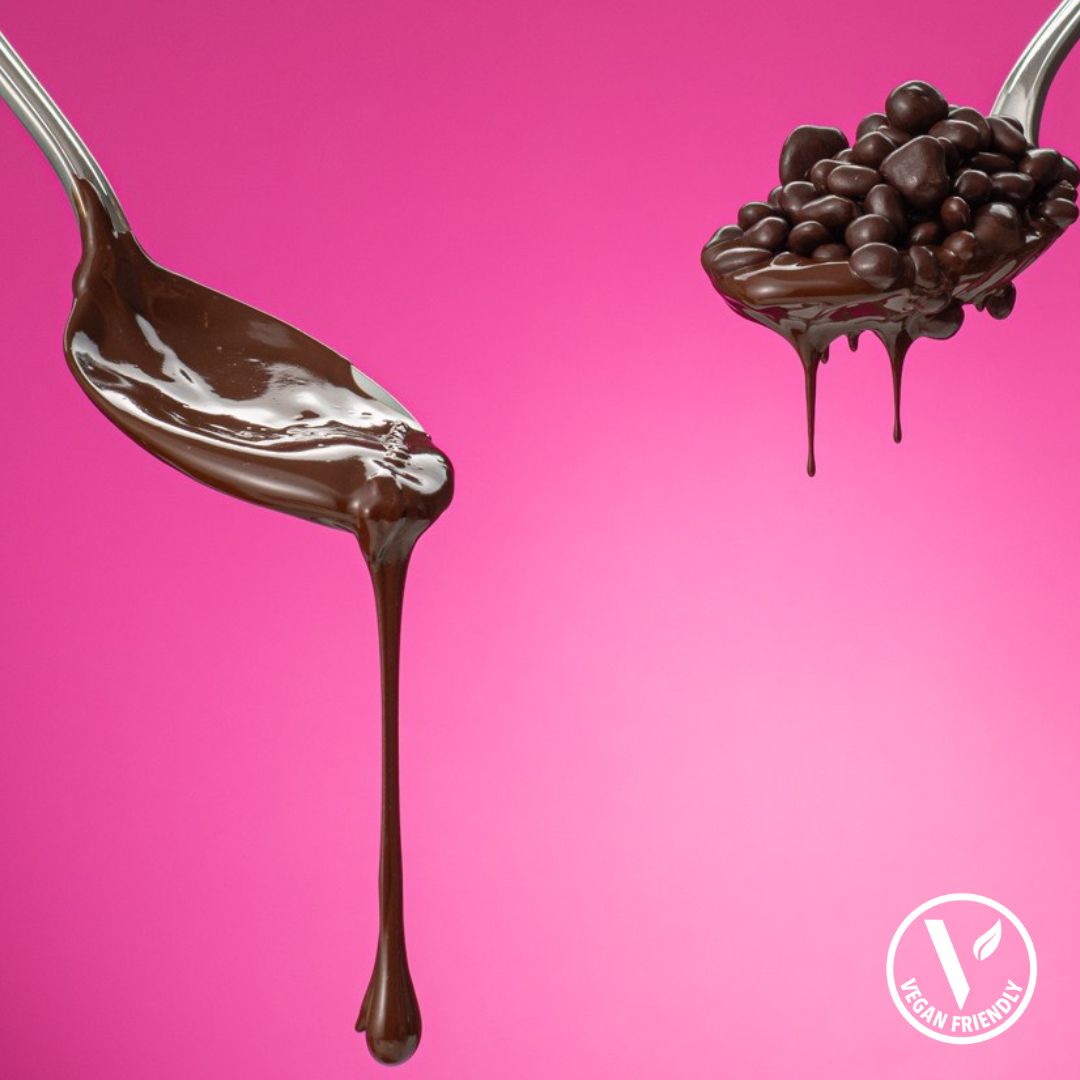



Got a dairy-free friend and a vegan friend coming over for lunch and wondering whether you can feed them the same dish? Or staring at a dairy-free chocolate bar and wondering whether you can eat it as a vegan? Dairy-free vs vegan is a hot topic. Here’s what you need to know…
Dairy-free vs vegan vs vegetarian
- Dairy-free: No milk products, such as cheese or butter
- Vegetarian: No meat or fish (may contain milk products, egg, etc)
- Vegan: No meat, fish, dairy, eggs, honey or any other ingredients that have come from an animal
If you see ‘dairy-free’ on a product label, it means it doesn’t contain any milk products, such as butter or cheese. If the label says ‘vegetarian’, then it doesn’t contain meat or fish. However, it might contain ingredients that come from animals but don’t kill them. So, it may well contain milk. A ‘vegan’ label means that the product doesn’t contain any ingredients that have come from an animal at all, including dairy, honey or eggs.
So, a product labelled ‘vegan’ should be suitable for people on a dairy-free diet, but a product labelled ‘dairy-free’ may contain meat, fish, eggs and other ingredients that aren’t vegan.
A vegan product may have been made or packaged in a facility that handles milk. So if someone has a severe allergy to milk, then make sure you check the label.
Dairy-free diets
‘Dairy’ means anything relating to animal milk, whether that’s cheddar cheese, goat’s milk, or sheep cheese. If someone says they’re on a dairy-free diet, it’s usually because they have an intolerance to something. In many cases, that’s an intolerance to lactose – a natural sugar found in milk. According to the NHS, symptoms of lactose intolerance include:
- Tummy pain or discomfort
- Bloating
- Farting
- Diarrhoea or constipation
- Feeling sick or being sick
If someone is lactose intolerant, they can’t have any dairy product from any animal. That means, they need to avoid things like:
- Milk
- Cheese
- Butter
- Yoghurt
- Cream
- Ice-cream
Dairy is in more products than you might think. It’s often found in things like cereal and ready meals. Some people aren’t intolerant to lactose, but they are allergic to proteins in cow’s milk. They may have extra symptoms, such as wheezing and itching. If someone is allergic to cow’s milk but not lactose, they can sometimes tolerate other forms of dairy, such as sheep’s cheese and goat’s milk.
Vegan diets
If someone says they’re vegan, it tends to be a lifestyle choice, rather than because they’re intolerant or allergic to an animal product. As well as not eating or drinking dairy products, they won’t eat meat, eggs, fish, honey and other animal products.
Sometimes, labels will say plant-based as well as vegan. This means that most of the ingredients come from plants. However, it’s not as strict a label as ‘vegan’ and is open to interpretation. So we recommend looking for vegan rather than plant-based chocolate if you don’t eat any animal products.
Does vegan chocolate mean dairy-free?
If a product is labelled as being suitable for vegans, then it’s usually suitable for someone on a dairy-free diet. It won’t contain milk, butter, cream or yoghurt. It also won’t contain eggs, meat, fish and other animal products. However, it may have been made in a facility that handles milk. So, if you have a severe allergy to dairy, then do check the label to make sure the chocolate is safe for you to eat.
If you’re looking for vegan or dairy-free chocolate, you have two options:
- Dark chocolate is usually made without any dairy products, so it’s automatically milk-free. However, it may have been made in a factory that handles milk.
- Dairy-free chocolate often includes a different type of milk, such as oat, soya or almond. It tastes similar to milk chocolate but not exactly the same. As above, if you’re allergic to milk products, it’s a good idea to check the label to make sure it’s 100% dairy-free.
Is lactose-free the same as dairy-free?
No, it just means that the lactose has been removed. So, if someone has a lactose intolerance, then a ‘lactose-free’ product should be fine. But, if they’re allergic to cow’s milk or other dairy products, then lactose-free products are still likely to cause an allergic reaction. If you’re not sure what causes the symptoms when you drink milk, it’s best to stick to dairy-free.
Where to buy milk-free chocolate and vegan chocolate
All of our products are vegetarian, and the following are also vegan. However, they have all been made in a facility that handles milk. So, while they should be dairy-free, if you have a severe milk allergy, they may not be suitable.
Oat Mylk Chocolate Chips
These plant-based chocolate chips are made with 43% cacao solids from single-origin ‘fino de aroma’ beans. That means they taste very chocolatey. They’re blended with a mix of oat and rice milk proteins to make them creamy, so they’re a great dairy-free substitute to milk chocolate.
Luxury Dark Chocolate Chips
Our vegan chocolate chips are made with 70% fino de aroma cacao. They have a more intense, bitter taste than milk chocolate.
Pure Cacao Melts
As they’re made from 100% cacao, these chocolate disks are milk-free and vegan. They’re perfect for adding a rich, ‘grown-up’ taste to bakes.
Chocolate Coated Cacao Nibs
Looking for a healthy, nut-free snack? Our award-winning Chocolate Coated Cacao Nibs are crunchy, vegan and packed with antioxidants. (They’re also rather delicious.)
Organic Cocoa Powder
This cocoa powder is created with a mix of Criollo, Trinitario and Forastero cocoa beans, which brings real depth to the flavour. We don’t add dairy, sugar or any other ingredients, so it’s suitable for vegans and perfect for baking.
Organic Cacao Powder
Not only is our 100% pure cacao powder packed with nutrients, it’s also non-alkalised, sugar-free and suitable for vegans.
Dairy-free recipes
We have a whole tonne of dairy-free recipes to tempt you with, from ‘milk’ chocolate ice-cream to granola bars.
Vegan recipes
We’ve also got plenty of recipes for vegan chocolate-lovers, including truffles, vegan chocolate mousse and vegan-friendly ‘honeycomb’.
Is dairy-free the same as vegan?
No. If a product is labelled ‘dairy-free’ it doesn’t contain any milk products. If it’s labelled ‘vegan’ it doesn’t contain any animal products at all, including dairy. However, it may have been made in a factory that handles milk. If you have a severe dairy allergy, look for products that are labelled ‘dairy-free’ rather than just ‘vegan’.
What is the difference between vegan and non-vegan chocolate?
Vegan chocolate isn’t made with dairy or any other animal products. Dark chocolate is usually naturally vegan. Vegan milk chocolate uses a milk substitute, such as oak milk or rice milk, to add creaminess. Vegan chocolate may have been made in a facility that handles milk. People with a severe milk allergy should look for dairy-free chocolate chips rather than just vegan ones.
Does dairy-free chocolate taste different?
Dairy-free chocolate sometimes uses a milk substitute – oat, rice, soya or almond milk. So, it will taste a bit different to other milk chocolate, but it’s still very tasty.
Does dairy-free mean no eggs?
No. Dairy-free just means no milk products, such as milk, cheese, yoghurt, butter or cream. If someone doesn’t eat dairy, meat, fish, eggs, honey and other animal products, that means they’re following a vegan diet.
What is considered dairy-free?
Dairy-free is anything that doesn’t contain milk products. So dairy-free chocolate won’t have any milk, butter or cream. However, it may have been made in a factory that handles milk.

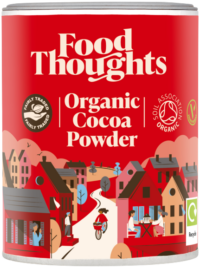
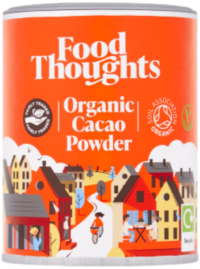
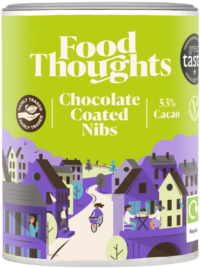
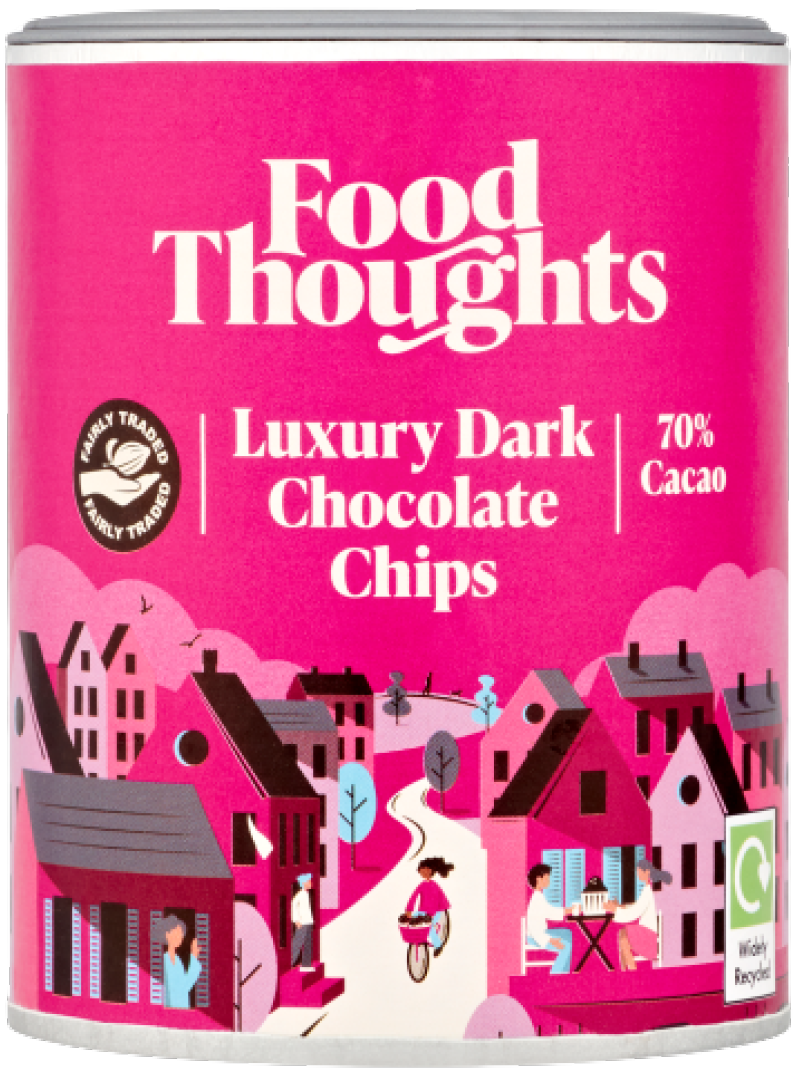
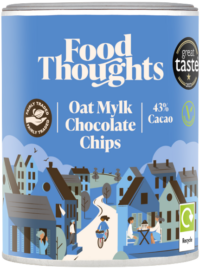
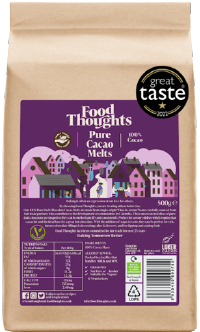
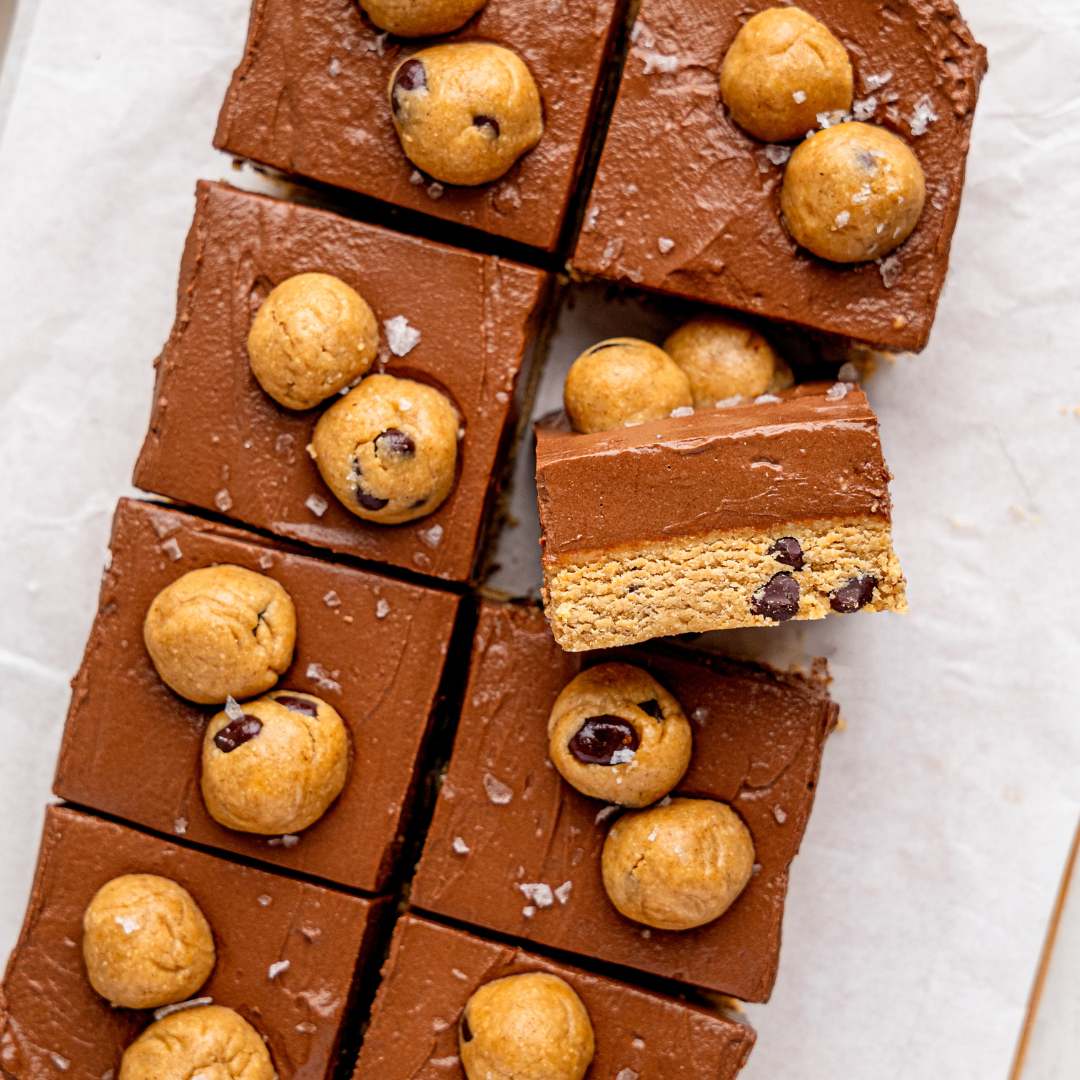

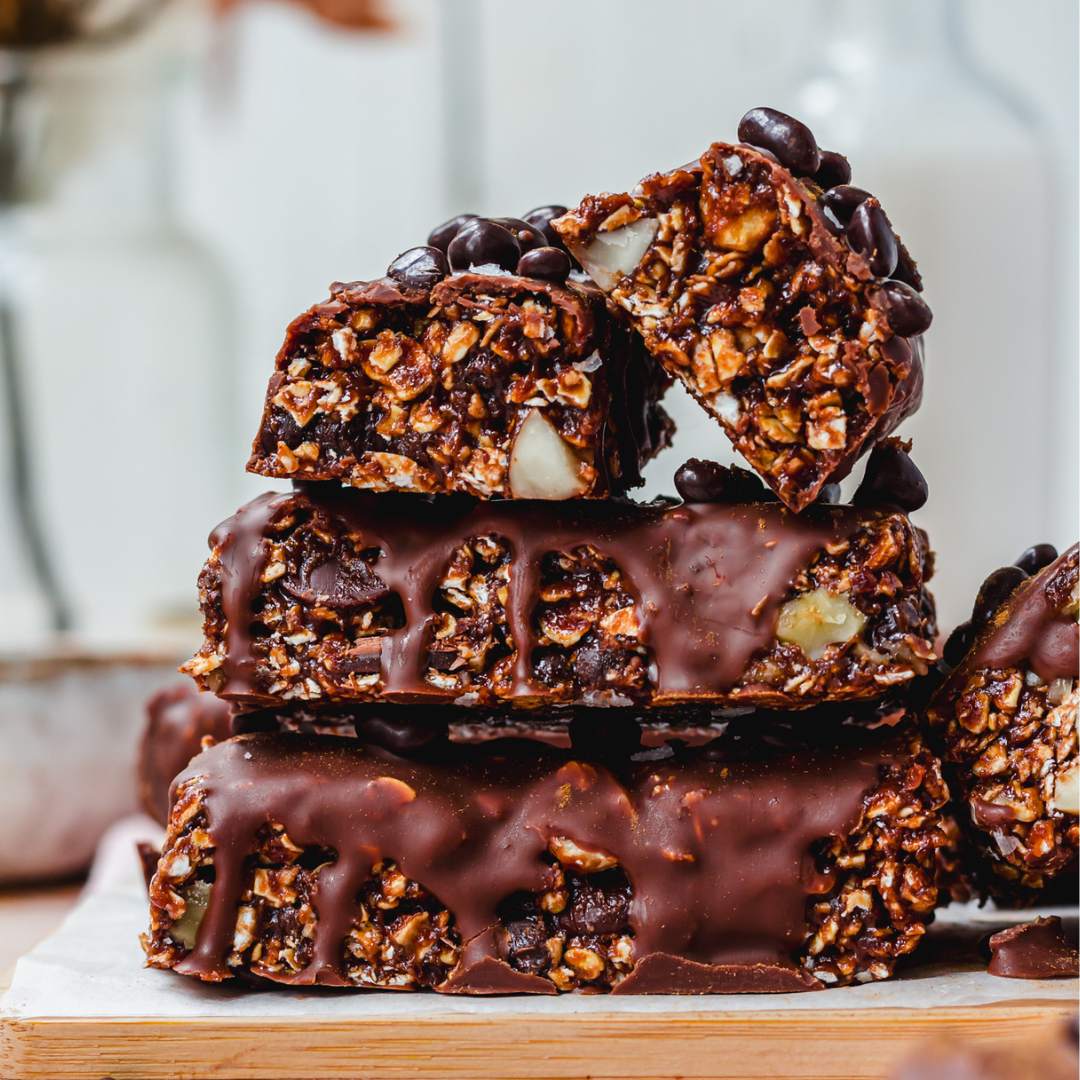
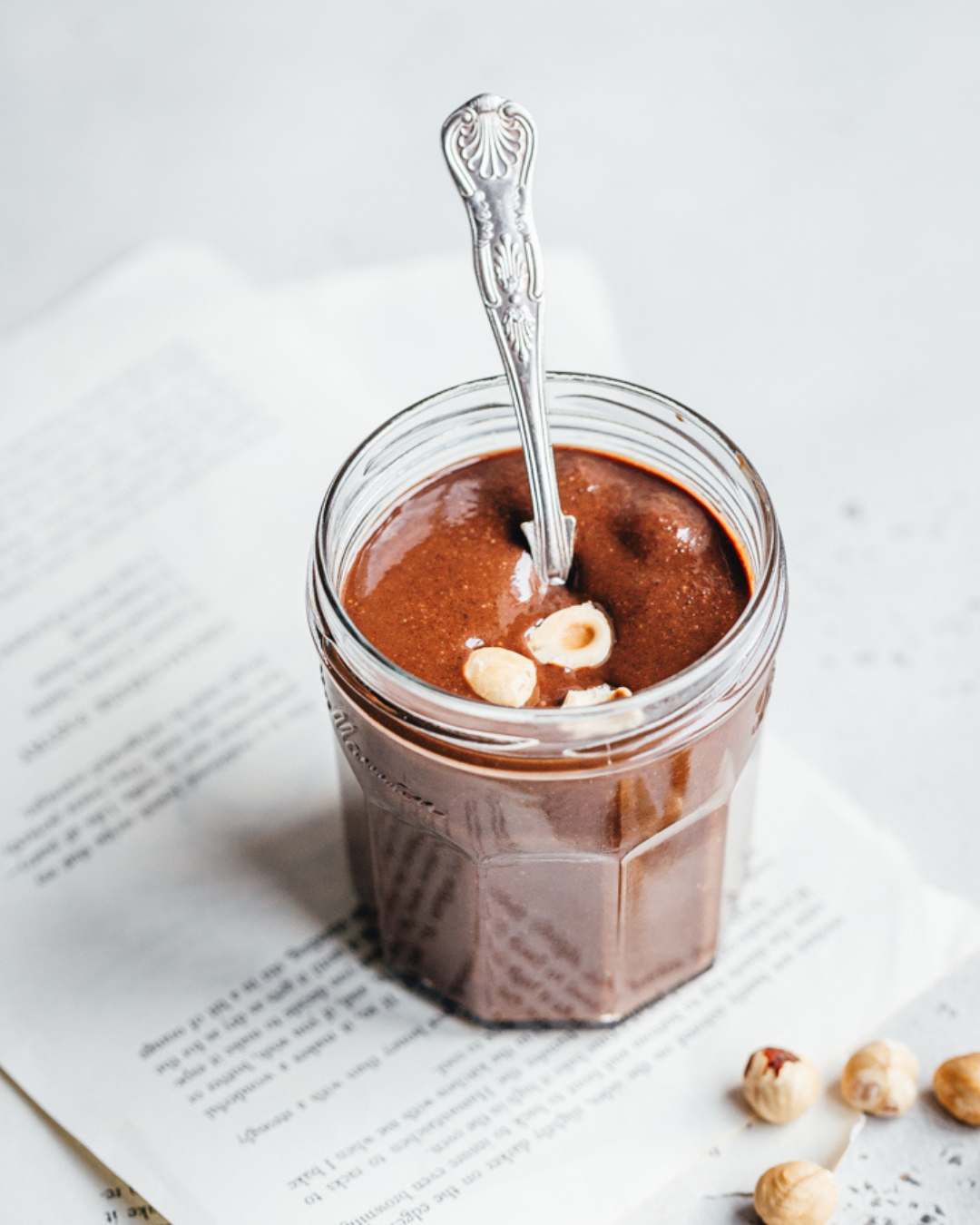
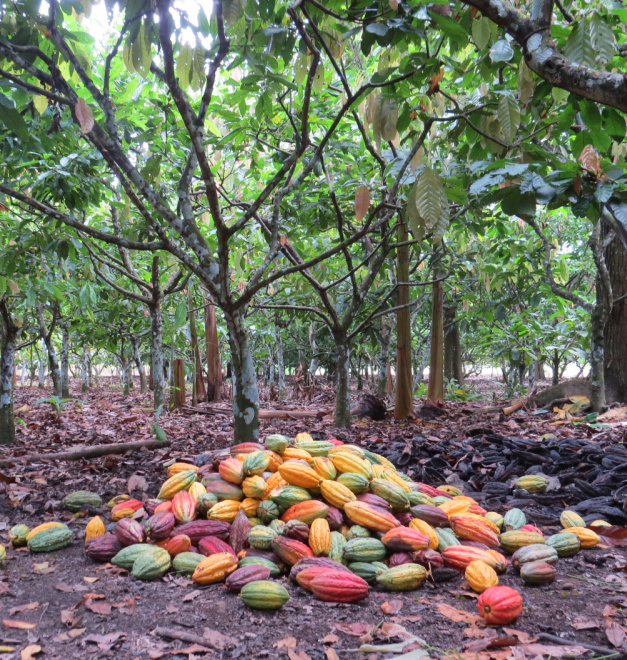
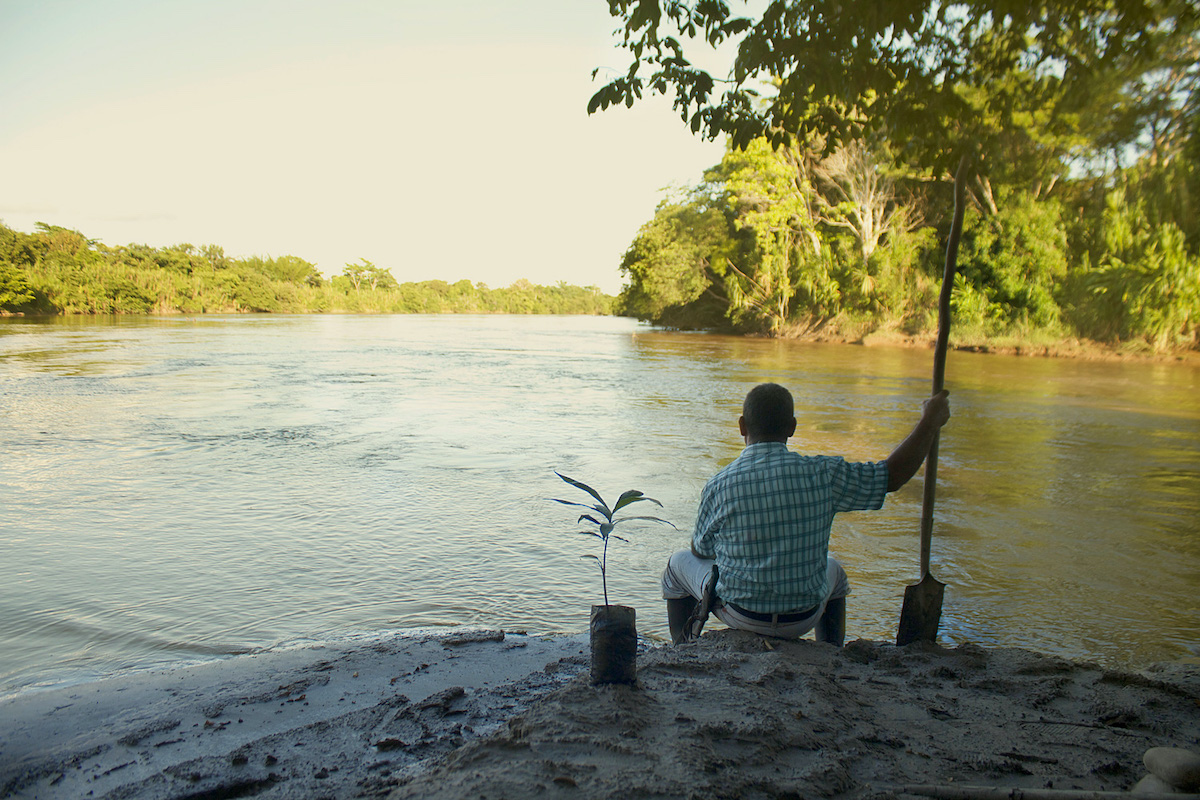
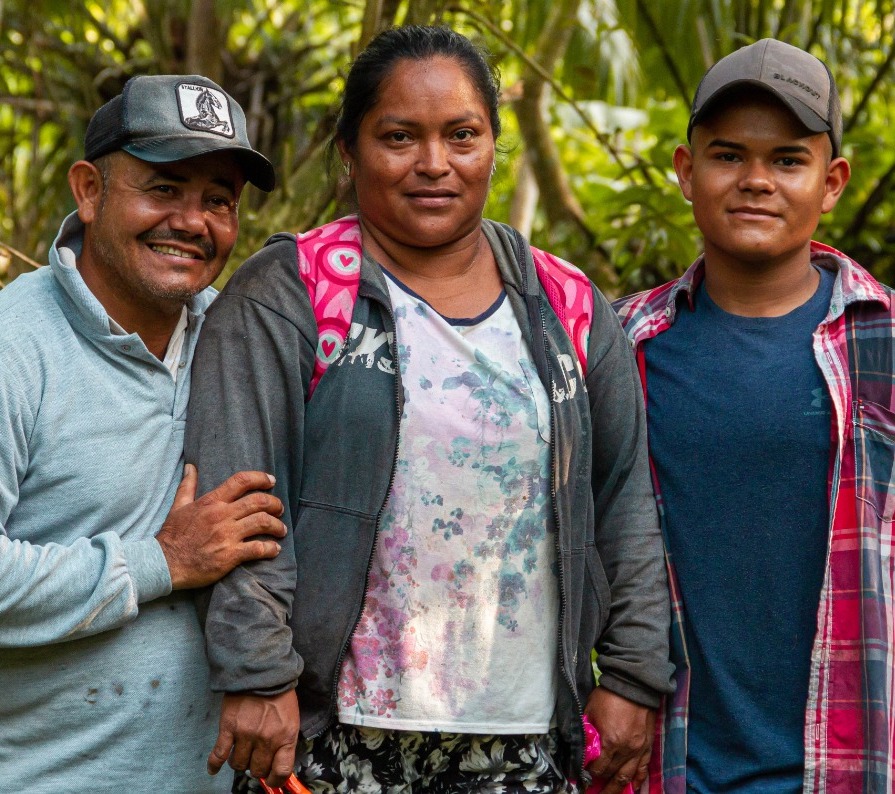
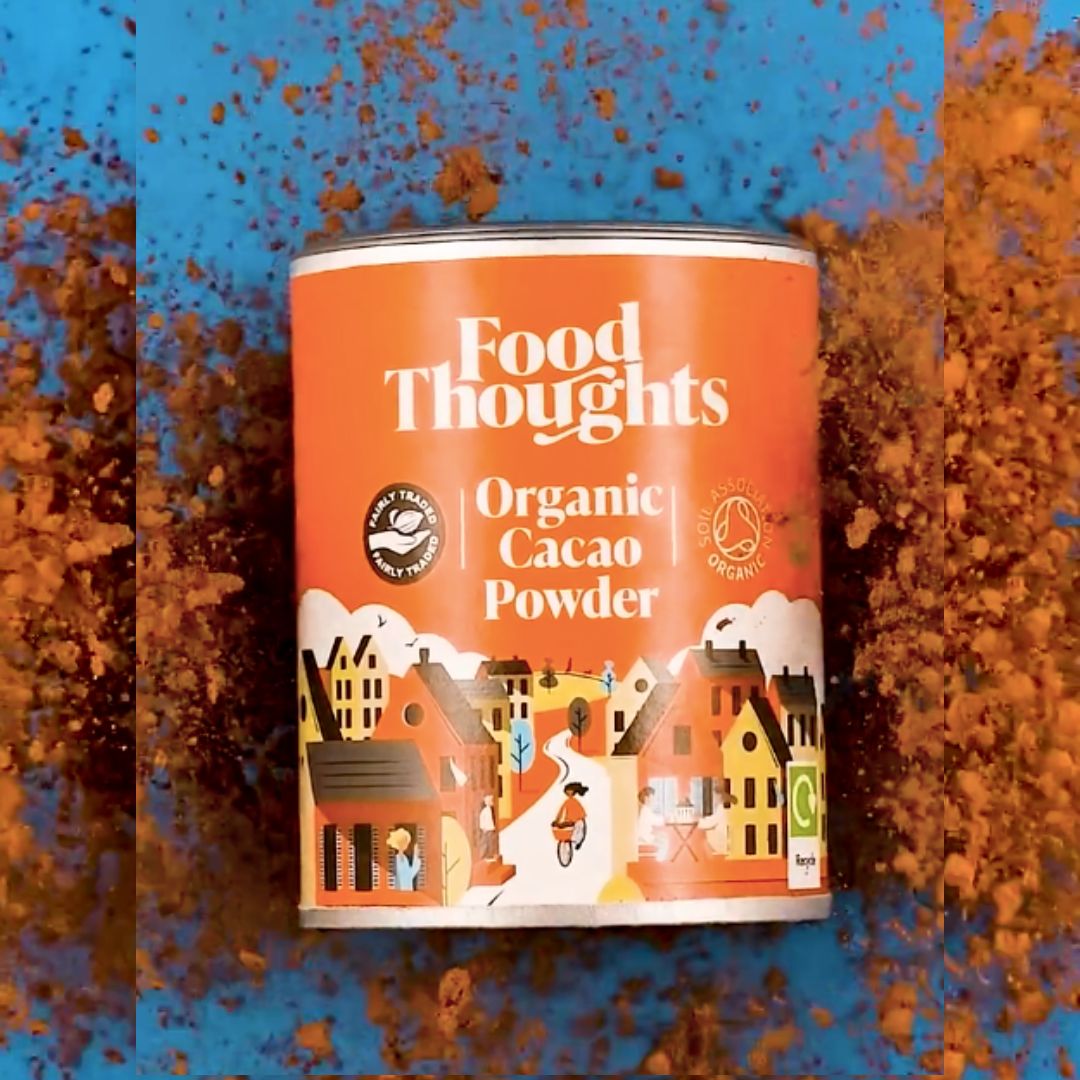
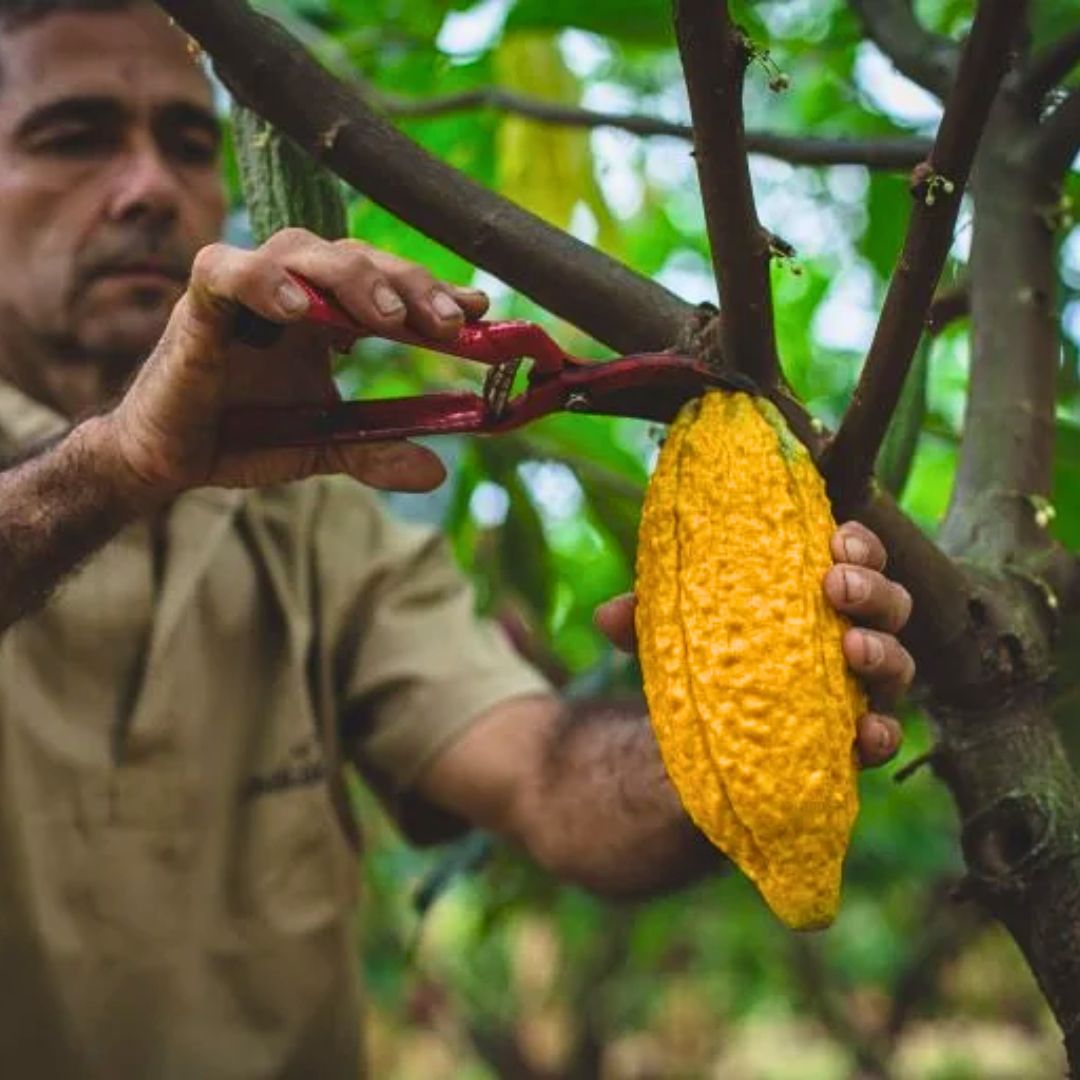
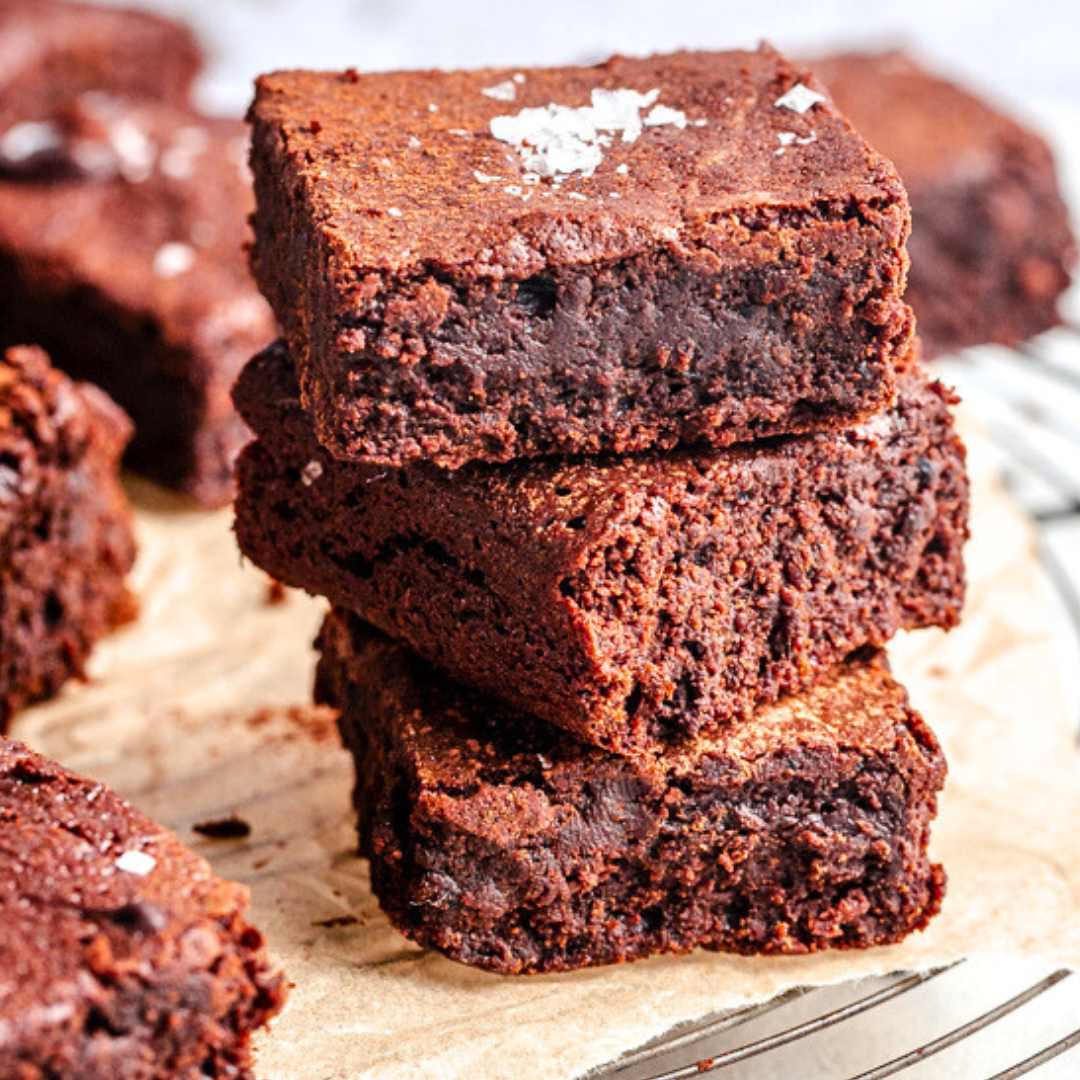
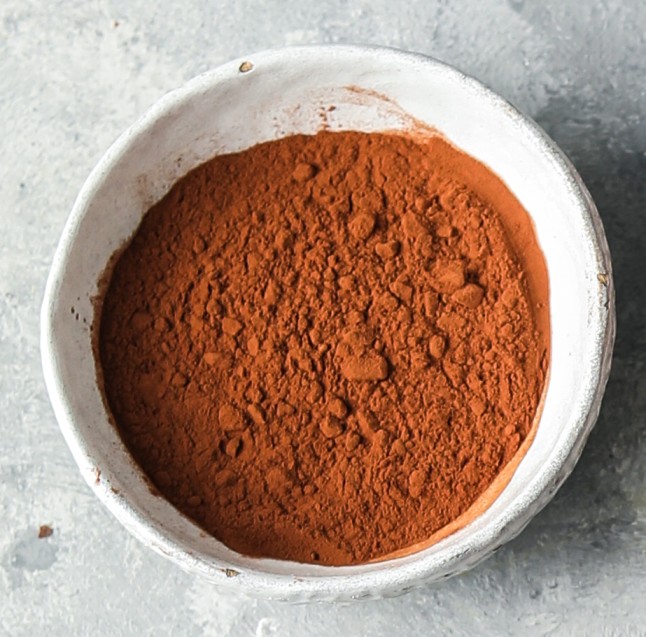






Share this